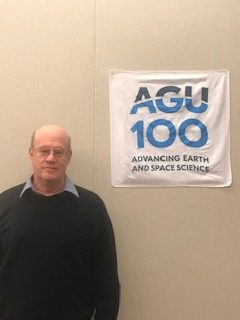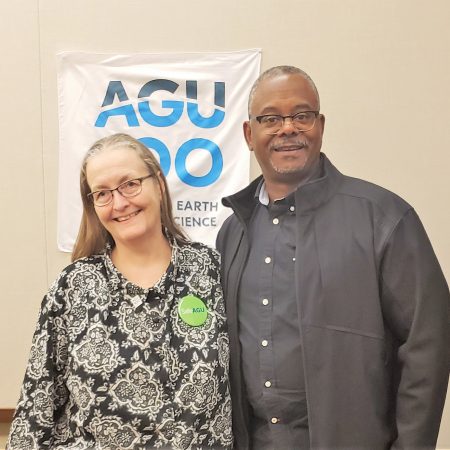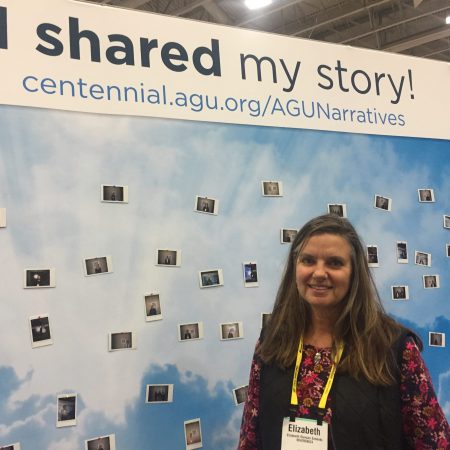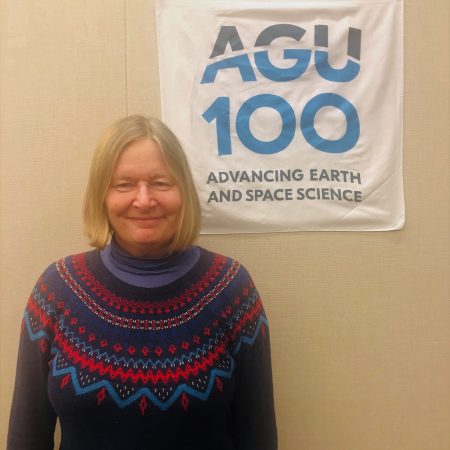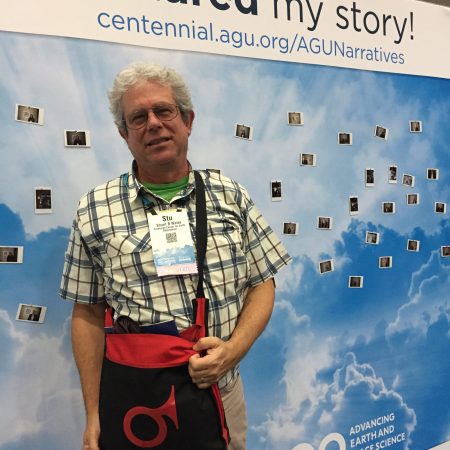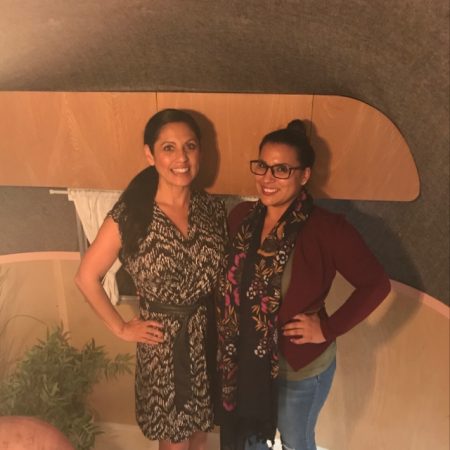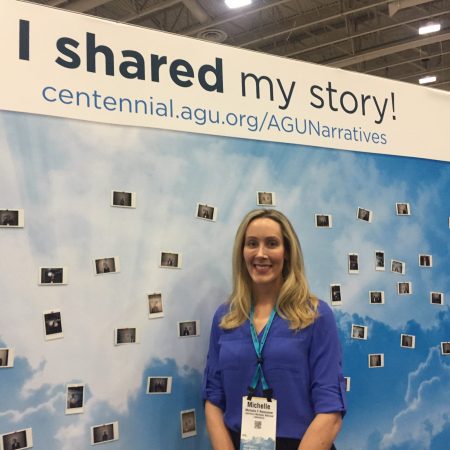Refine
Date Range Clear
Recorded by Clear
Keywords Clear
- Venus 164
- mars 164
- #AGU 164
- future of science 164
- Advocacy 164
- #AGU100 162
- NASA 59
- discovery 54
- #womeninscience 28
- Advice 25
- Collaboration 18
- 385 more
Partnerships Clear
- No matching terms.
Organizations Clear
- American Geophysical Union 31
- National Aeronautics and Space Administration 8
- The American Geophysical Union 4
- American Geopysical Union 3
- NASA 2
- 11 more
Places Clear
- Washington DC 165
- AGU 2018 Fall Meeting 157
- AGU Fall Meeting Program Commitee 3
- AGU 100 Fall meeting 1
- Leadership Development Commitee 1
- 3 more
Languages Clear
- No matching terms.
Initiatives Clear
- No matching terms.
Bruce Wielicki, a NASA Langley climate scientist, discusses his collaboration with economists to help non-scientists understand how climate change will hit them in the wallet, and how they could reduce that risk with modest investments in improved climate science. He...
Steven Clarke, NASA's Deputy Associate Administrator for Exploration, discusses his life in science and engineering. Currently tasked with bridging NASA's efforts on human and robotic missions to coordinate scientific requirements for going to the Moon and Mars, he has seen...
Steve Montzka has been at NOAA for 28 years, working on atmospheric science, atmosphere chemistry, and trace gases in the atmosphere. He started there as a post-doc, drawn by the work he saw NOAA scientists doing on the hole in...
James Famiglietti, hydrologist and Director of the Global Institute for Water Security, University of Saskatchewan, discusses his work with NASA's Gravity Recovery and Climate Experience (GRACE) and the evolution of technology throughout his career including its impact on water security....
Jonathan Bamber has always loved to climb mountains. It’s why, when he wrote an essay about ice crystal formation in clouds as an 18-year-old undergrad, he found his calling studying glaciers and the natural environment. He’s traveled the world as...
With complex modeling to guide future decisions, Daniel Schertzer, Parisian professor at Ecole des Ponts ParisTech and nonlinear geophysicist is leading the field into new territory – urban climate challenges. Cities, each occupying a relatively small portion of the earth,...
How can scientists capture the public’s imagination with science? In this interview, Gordon Grant, a research hydrologist with the US Forest Service and President-elect of AGU'S Earth and Planetary Surface Processes Section, shares his experience of bringing a river to...
President-elect of AGU natural hazards focus group and Northwestern University seismologist delights in getting away from conventional wisdom and pointing out when there’s Much Ado about Nothing. He reflected on his career trajectory from research on space to the depths...
With great data comes great responsibility. Ruth Duerr, a self-described scientific “generalist,” and Steve Diggs, an ocean data specialist, take on years of efforts by scientists to inform the public while stopping short of being policy advisors. As data improves,...
By his own count, Chuck McClain has had six mentors in his career. His first may have been a teacher in Kansas City who took him to his first physics demonstration. Since 1978, he’s worked at NASA Goddard Space Flight,...
Engaging young students outside of the classroom can help further a life-long interest in science. Elizabeth Eubanks is trying to bring these kinds of experiences to as many kids as she can. As a science teacher, she’s heard from students...
Karen Prestegaard is a professor of hydrology at the University of Maryland, and she studies rivers, wetlands, watersheds, water quality, minerals, floods, and rainfall and watershed management. As a graduate student, the California Coastal Commission hired Karen to study Los...
“When you find yourself climbing San Bruno Mountain just south of San Francisco with a butterfly net collecting mission blue butterflies to repopulate on Earth Day, it doesn't get better than this.” Stuart Weiss is passionate about conservation ecology. He’s...
In this episode, we spoke with Remy Meraz, Founder of Me Tyme Network to learn about her entrepreneur journey as a woman in tech.
Michelle Newcomer is now a research scientist at Lawrence Berkeley National Lab but her first degree was in French and Sociology. She talks here about the fear that comes with changing careers, taking risks, and pursuing the path that you...
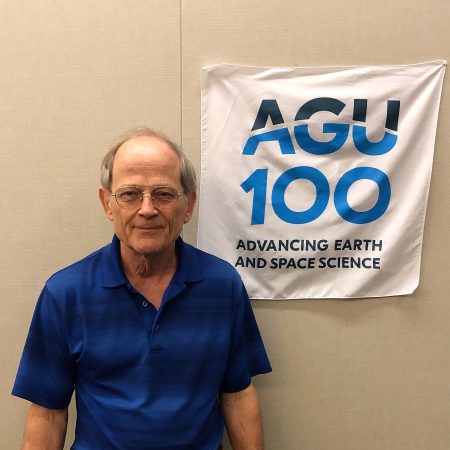
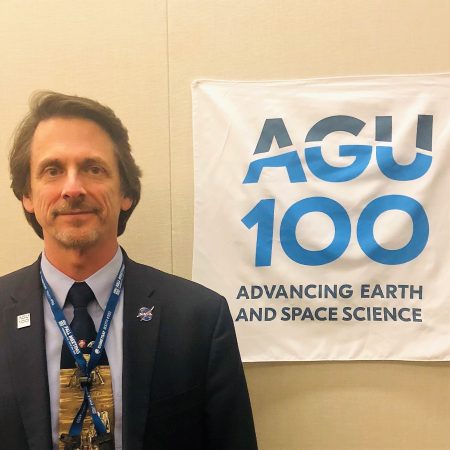
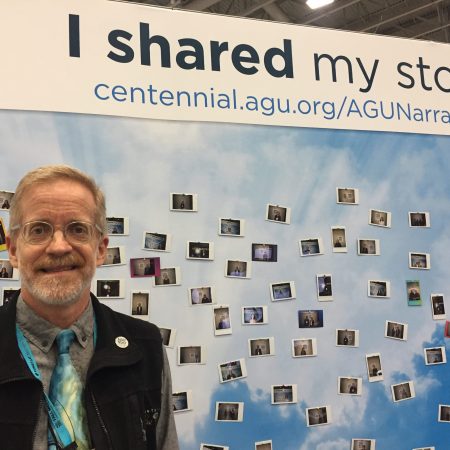

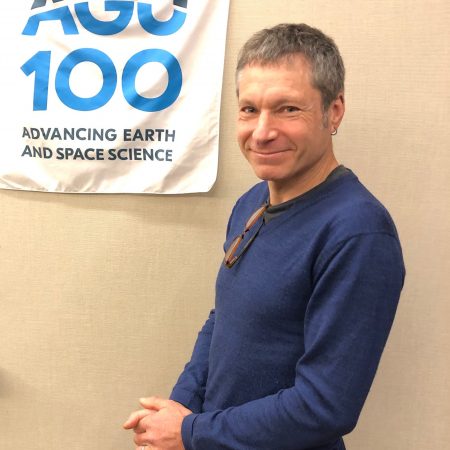
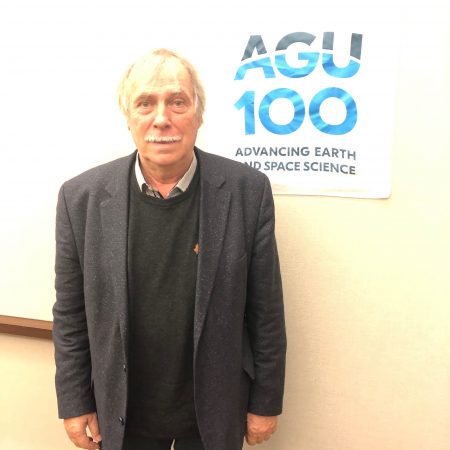
!["Science is a process of understanding nature; [we can] help people see science as a means of doing that." an interview with Gordon Grant](https://archive.storycorps.org/uploads/2019/02/20181211_Gordon-Grant-450x450.jpg)
